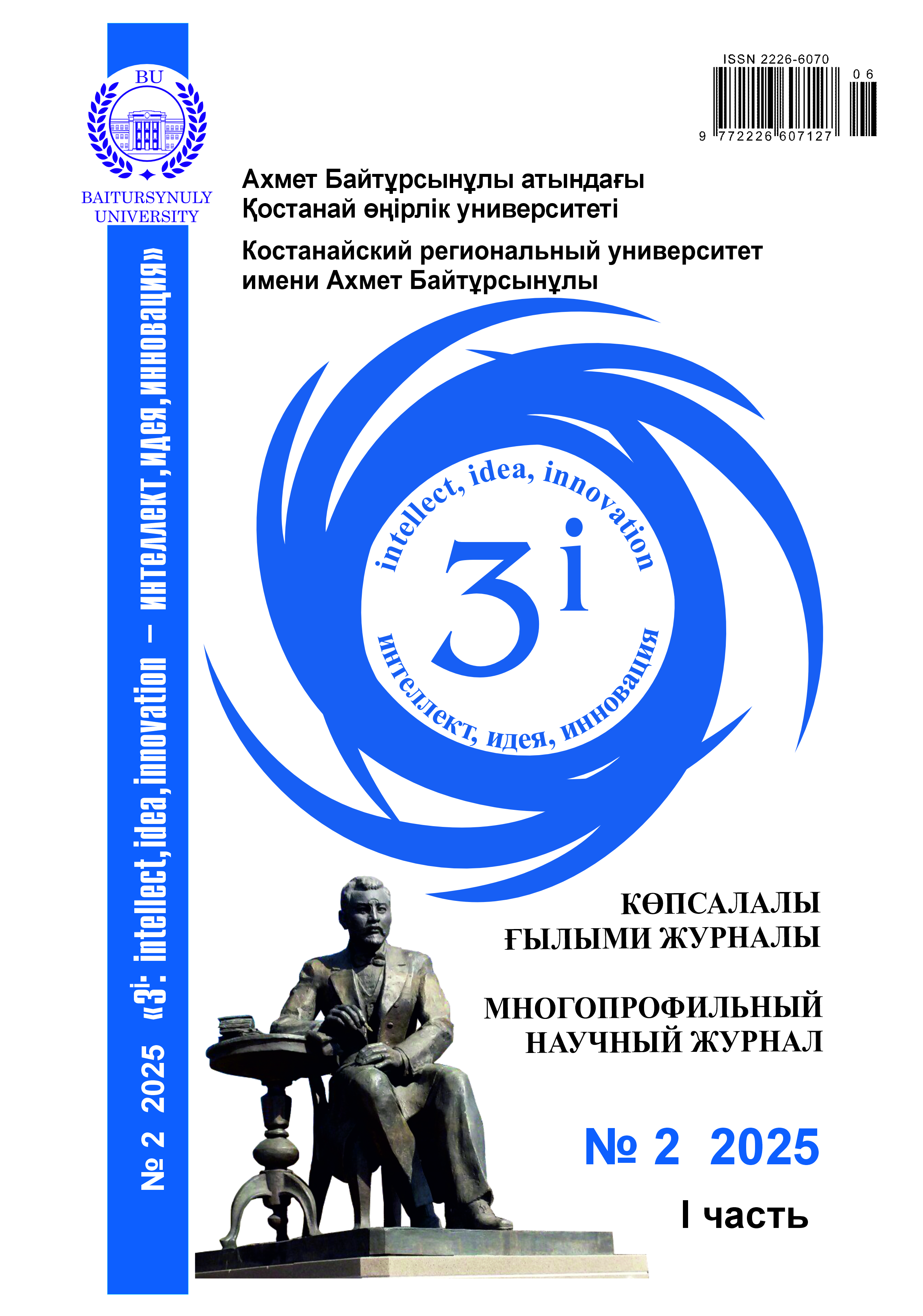АУЫЛ ШАРУАШЫЛЫҒЫ ТЕХНИКАСЫНЫҢ БӨЛШЕКТЕРІН ЖАСАУДЫҢ ТЕХНОЛОГИЯЛЫҚ ҮДЕРІСТЕРІН ЖЕТІЛДІРУ
DOI:
https://doi.org/10.52269/RWEP2521164Кілт сөздер:
дайындау дәлдігі, термиялық өңдеу, тозуға төзімділік, коррозияға төзімділік, болатты қоспалау, беріктікАңдатпа
Мақалада ауыл шаруашылығы техникасының сенімділігіне, тұрақтылығына және пайдалану мерзіміне елеулі әсер ететін бөлшектерді дайындаудың технологиялық үдерістері жан-жақты талданған. Конструкциялық материалдардың геометриялық параметрлері мен физика-механикалық қасиеттеріне қойылатын талаптарды зерттеуге ерекше назар аударылған, себебі бұл сипаттамалар техникалық тораптардың жинақтау дәлдігін, тозуға төзімділігін, беріктігін және ұзақ қызмет етуін тікелей анықтайды. Бөлшектердің сапасын қамтамасыз ететін негізгі параметрлер қарастырылған: созылу беріктігі, соққы тұтқырлығы, қаттылық, пластикалығы, тозуға және коррозияға төзімділігі. Металлдың ішкі құрылымының қалыптасуына және механикалық қасиеттерінің жақсаруына әсер ететін қазіргі заманғы термиялық өңдеу әдістері – шынықтыру, жібіту, қалыпқа келтіру және төздіру талданған. Сонымен қатар, бөлшектердің сыртқы әсерлерге және агрессивті ортаға төзімділігін арттыратын болатты қоспалау және беткі қабатын химиялық жолмен түрлендіру әдістері – көміртектендіру, хромдау және легирлеуші элементтерді (марганец, бор, кремний) енгізу зерттелген. L65 болатына әртүрлі термиялық өңдеу режимдерінің статистикалық әдістер арқылы салыстырмалы талдауы беріліп, оңтайлы технологиялық параметрлер анықталған.
Ауыл шаруашылығы техникасы бөлшектерін жобалау мен өндіруге кешенді тәсіл – дайындау дәлдігін, өңдеу режимдерін және материал құрамын дұрыс таңдауды қамтитын тәсіл – машиналардың нақты пайдалану жағдайларындағы сенімділігі мен тиімділігін едәуір арттыруға мүмкіндік беретіні туралы қорытынды жасалған.




